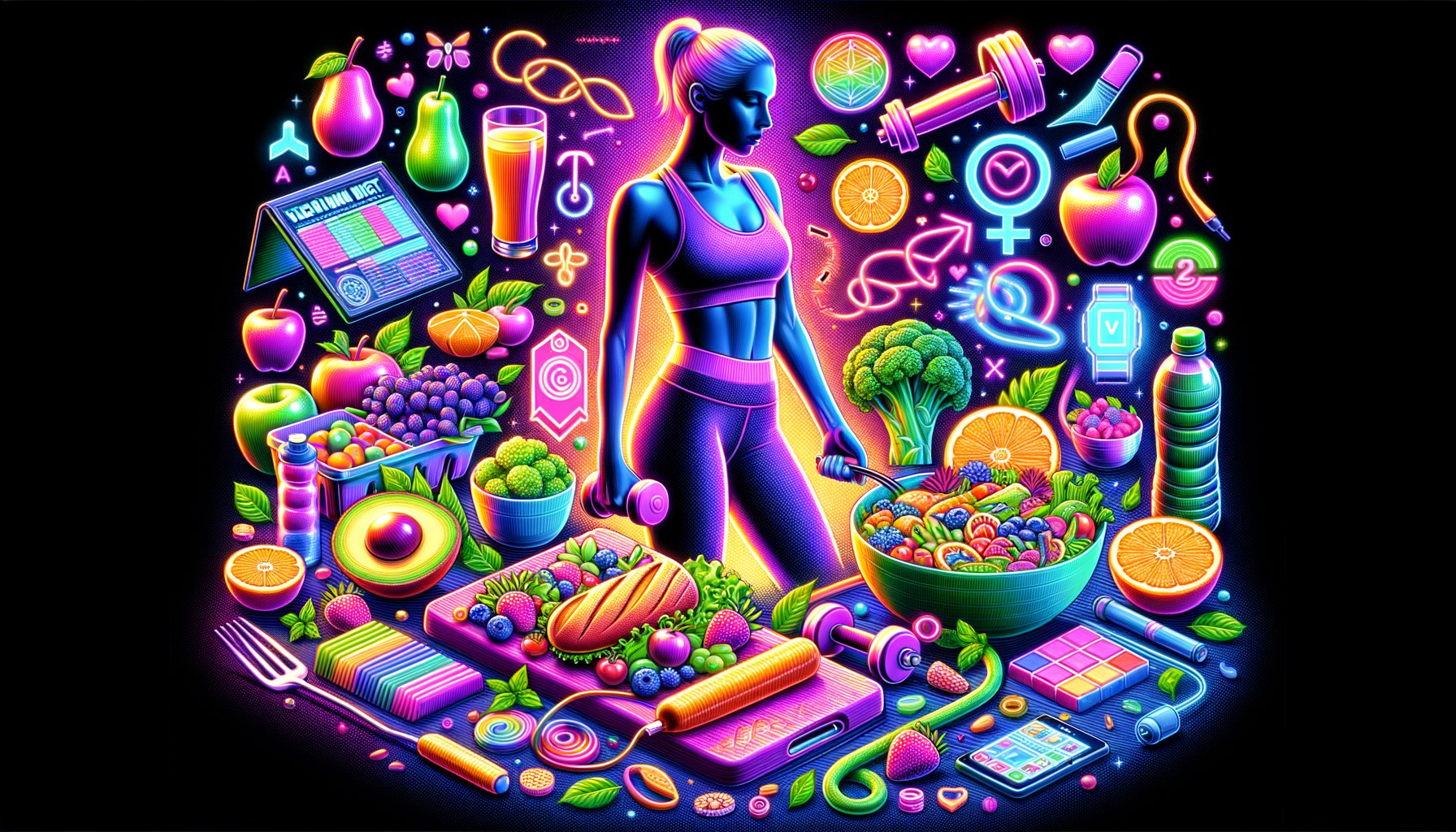Physical Address
304 North Cardinal St.
Dorchester Center, MA 02124
Physical Address
304 North Cardinal St.
Dorchester Center, MA 02124

Hello, my fellow avocado-toast-loving, TikTok-scrolling, climate-change-fighting Gen Zs! It’s your favourite 24-year-old author Sophie here. Today I am going to talk about something that has been on my mind lately – vegan diets and fitness.
As some of you may know, I recently embarked on a journey into the world of plant-based eating. Now, before you ask, no, it wasn’t because I watched one too many Netflix documentaries (though ‘Cowspiracy’ did make me think). It was more about wanting to try something new and challenging myself.
But let’s be real here for a second. As much as I love a good veggie burger or tofu scramble (yes, it can be delicious if done right), going vegan isn’t just about swapping out your steak for seitan. It’s also about making sure you’re getting all the nutrients your body needs to stay fit and healthy.
First things first – protein. This is probably the biggest concern for anyone considering a vegan diet, especially if you’re like me who enjoys working out regularly (and by regularly I mean once every blue moon).
The good news is that there are plenty of plant-based sources of protein out there. Lentils, chickpeas, quinoa, tempeh – these are all great options that can give you the necessary protein punch. And let’s not forget about our beloved avocados; they might not have as much protein as lentils or chickpeas but hey, any excuse to eat more avocados is fine by me!
Moving on to iron, another nutrient that often raises eyebrows when it comes to vegan diets. Iron is essential for our bodies as it helps transport oxygen in the blood. So how do we get enough of this on a plant-based diet? Well, spinach, lentils and tofu are all high in iron. But here’s a pro tip – pair these foods with something rich in vitamin C (like oranges or strawberries) to boost your body’s absorption of iron.
Next up, calcium and vitamin D – two nutrients important for bone health. For calcium think green leafy vegetables like kale and broccoli or fortified plant-based milks. As for Vitamin D, well let’s just say it’s a good excuse to get outside and soak up some sun (with SPF on of course!). And if you live somewhere where sunshine is as rare as me turning down a cup of coffee (hello Melbourne!), then consider taking a supplement or eating fortified foods.
Last but definitely not least is B12 – the one nutrient you can’t really get from plants. B12 is crucial for nerve function and the formation of red blood cells. Now before you panic and start reconsidering your decision to go vegan, there are plenty of B12 fortified foods out there like plant-based milks, breakfast cereals and nutritional yeast (which also happens to make an excellent cheesy topping for popcorn).
And there you have it! A quick rundown on how to navigate the world of veganism while staying fit and healthy. Remember everyone’s body is different so what works for me might not work for you. Always listen to your body and consult with a healthcare professional if necessary.
So whether you’re contemplating going vegan or just looking at incorporating more plant-based meals into your diet, I hope this guide helps. And remember, it’s not about being perfect, it’s about making small changes that can have a big impact. Now if you’ll excuse me, I’ve got a date with a bowl of avocado and chickpea pasta!